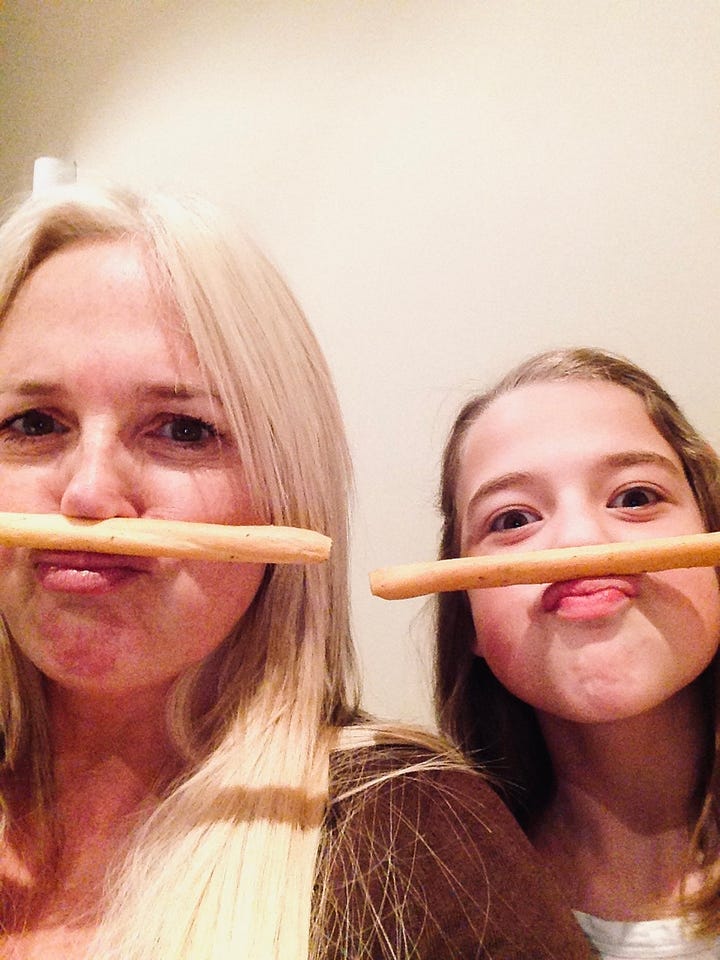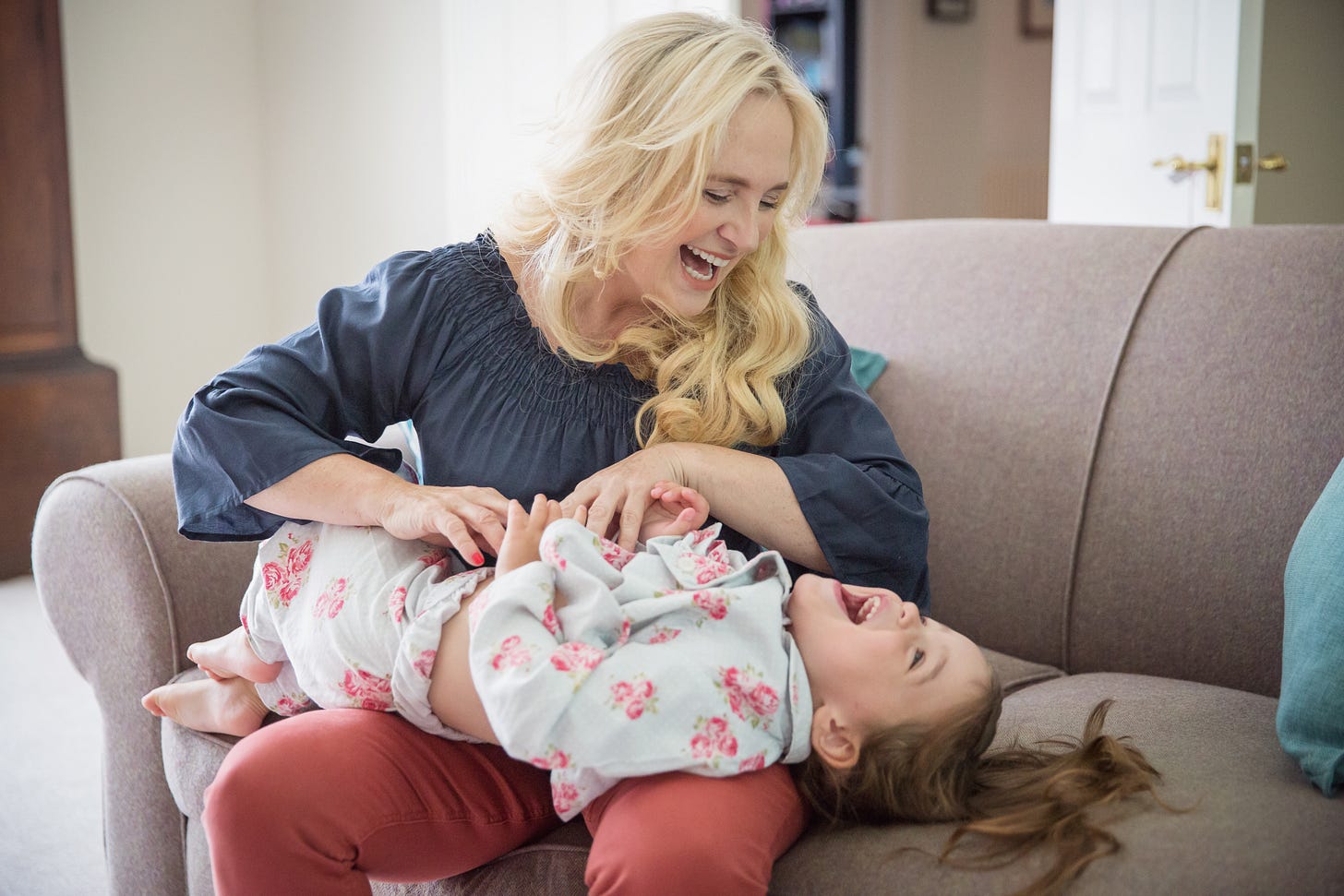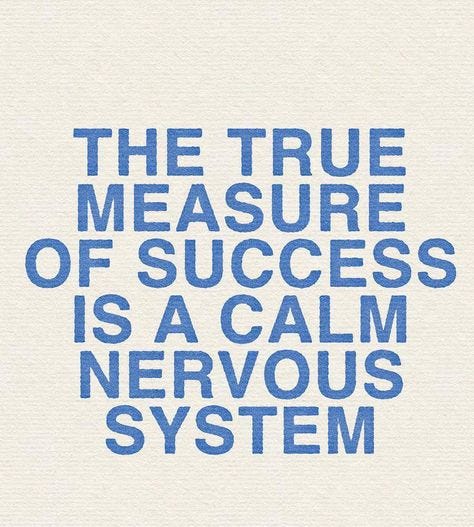

As a parent, I often find myself in moments days when tempers flare, when tiredness clouds my judgement, when the demands of life seem overwhelming. Yet, in the whirlwind of raising children, the principles of Stoicism have given me one way to navigate these turbulent waters with greater grace. There are others.
Stoicism, or Stoic philosophy, is a philosophy of personal ethics and a methodology for seeking practical wisdom in life.1
I’ve come to understand, through reflection and the words of others, that Stoicism, like any philosophy, isn’t without its limitations. It’s important to acknowledge those limitations, particularly when it comes to the idea that resilience alone is enough in the face of deeper, systemic struggles.
Along the way, key insights have shaped how I approach the challenges of parenting with a deeper awareness:
The Power of Control: Letting Go and Trusting the Process, But Not Blindly
One of the most important things Stoicism has taught me is the concept of control. As parents, we naturally want to shape our children's lives, to guide them, to ensure their happiness and success.
But Stoicism gently reminds me that so much lies beyond my control. I cannot dictate my children’s futures (of course), nor can I protect them from every hurt, every failure. What I can do, however, is control my response to what unfolds.
But while this idea, rooted in the Stoic dichotomy of control, has been invaluable in many moments of personal parenting struggles, I also recognise when it falls short.
Thought leaders, like bell hooks and Audre Lorde, have pointed out that focusing solely on individual responses can sometimes obscure the larger, systemic issues that contribute to suffering.
It’s one thing to encourage my children to be resilient when facing challenges, but I also ask: what societal structures contribute to their struggles? So we include talk about the gendered, racial, ableist, or other structural biases that often go unnoticed.
For example, when one of my ten kids gets upset after an argument with a friend, Stoicism might suggest I help them focus on controlling their response, rather than dwelling on the behaviour of others.
But I also consider whether there are deeper issues at play - bullying based on race, gender, disability or social status — that require more than individual resilience.
We live in systems, not vacuums, and while Stoicism offers tools for personal coping, we cannot let it become an excuse for inaction in the face of systemic injustice.
Patience as a Superpower: Bearing the Moment, Without Suppressing Emotion
Patience is a virtue most parents know they need, but it wasn’t until I considered Stoicism that I truly understood its depth. For me, Stoic patience is not just about waiting without complaint; it’s about staying composed when faced with frustration.
In parenting, frustration comes in many forms. The child who refuses to wear shoes, the teenager who challenges every boundary, the sibling arguments that seem are endless. In these moments, it’s easy to snap, to let the frustration drive my actions. But Stoicism teaches me to "bear and forbear." This simple phrase is a reminder to endure the challenges and avoid letting emotions control my actions. That’s not easy, and is it even a good idea?
There’s another side to this that I’ve learned to balance. Writers, particularly in care ethics, remind us that emotions are not merely obstacles to overcome, they are invaluable sources of insight and understanding. Carol Gilligan, for instance, argues that emotions can help us connect more deeply with others, and that moral wisdom often comes from this emotional engagement.
So while Stoic patience has helped me (try to) avoid lashing out, I’m careful not to suppress my emotions altogether. Anger, grief, frustration, these feelings carry important messages.
In parenting ten kids, I’m learning that being fully present with these emotions, rather than simply detaching from them, allows me to connect more deeply with them.
Loving Wisely: The Art of Stoic Detachment, and Its Complexities
At first, the idea of detachment in parenting felt contradictory. How could I detach from the very people I love most in the world?
Stoic detachment is not about distancing ourselves emotionally; it’s about loving without clinging, loving with wisdom.
However, critiques here cannot be ignored. Detachment, in its extreme, can risk undervaluing the importance of care and emotional vulnerability, often positioned as "feminine" traits, which we know are universal.
Scholars, like Joan Tronto, remind us that care is central to moral life and should not ever be dismissed as secondary to Stoic ideals of autonomy or rationality.
I recently recorded a tender 14mins Parents who Think podcast episode with CEO of Humankind, Anna Pawlowicz on The Caregiver Crisis. Listen HERE
As a parent, I want my children to know I am fully available to them - not detached in a way that makes them feel unsupported, but rather grounded in my love for them. I’ve learned that healthy detachment isn’t about withdrawing - it’s about being present without controlling their every step.
Memento Mori: Finding Gratitude, But Acknowledging the Systemic
One of the most transformative Stoic practices in my parenting journey to date has been memento mori — the reminder that life is fleeting. This thought, while sobering, has deepened my gratitude for my children’s presence in everyday moments.
Again, I return to the limits of Stoicism. Memento mori can help me cherish the present, but it must not be used to dismiss larger, systemic concerns. Feminist and anti-racist thinkers have long spoken about the danger of accepting hardship passively when that hardship is born of injustice.
Yes, life is fleeting, but this is not a reason to resign oneself to inequity. When I think about the world my big brood are growing up in, I know I must balance Stoic acceptance with a commitment to activism. Gratitude and serenity are important, but so is fighting for a world where they, and all children, can thrive.
Imperfect Parenting with Stoic Wisdom, and Beyond
Stoicism hasn’t made me a perfect parent. That idea is laughable, yet perfection is still often presented as achievable. There are days when I lose my patience, when I wish I could fix everything, when I cling too tightly. But Stoicism has given me tools to meet the messiness of family life with a little more calmness and purpose.
Still, I don’t let it stop there. I actively integrate the lessons of feminists like Audre Lorde, who teaches that anger is a powerful force for change, alongside the work of care ethicists like Carol Gilligan, who shows that nurturing and emotional vulnerability are not just important, but essential to parenting.
I control what I can, my own actions and reactions, but I also acknowledge what lies beyond personal control. Systemic change, emotional intelligence, and the need for collective action must sit alongside personal resilience.
This journey of parenting is unpredictable.
Stoicism, alongside the wisdom of other thinkers, offers a quiet anchor. And for that, I am endlessly grateful, while always keeping space for new lessons, from many places.
Your Thoughts and Reflections
As you reflect on your own journey of parenting, what practices or principles have helped you stay grounded? Have you found yourself embracing Stoic ideas or, perhaps, wrestling with their limits in the face of larger challenges?
Consider the moments when you’ve felt the need to control or protect your children. How do you balance helping them grow with recognising the societal pressures they face?
How do you navigate between fostering personal resilience in your children while also teaching them to question and challenge the systemic conditions that affect their lives?
Feel free to share any small moments where patience, detachment, or the recognition of systemic challenges has shaped your parenting experience. Your reflections might help another parent who is walking the same path.
Till next time,
Danusia xx
3 Substacks to Read
Explore these Substacks for insightful reflections on parenting, philosophy and social justice:
1. : this publication challenges the pressures of diet culture and societal expectations.
2. : A newsletter for people passionate about justice, healing, creativity, change-making, and becoming good ancestors.
3. by Virginia Mendez: A newsletter about raising children beyond traditional gender norms.
source: www.whatisstoicism.com








I’m very familiar with the theoretical concepts and ideas you touched on but never thought about them in the context of family/ kids dynamics (since I don’t have any yet). This was a very insightful read, tank you! Xx
So much wisdom here Danusia, and I love that you also recognise the limitations as they relate to real life. I read Brigid Delaney’s book on Stoicism last year, “Reasons not to worry”, and it was a great introduction to these concepts. Control is a HUGE one for me bc of my childhood, so knowing when to surrender can be hard. The idea of “detachment” is really interesting as it relates to parenting because, of course, we all of “detached” parents from older generations, but I like the way you re-frame it. With my 3 (never mind 10!) I get exhausted taking on all their emotions / wants / needs / frustrations etc. It’s a skill to be present with them and provide the support they need without letting it drown you. A skill I’m def still working on, but thank you for clarifying some of these ideas for me! ❤️